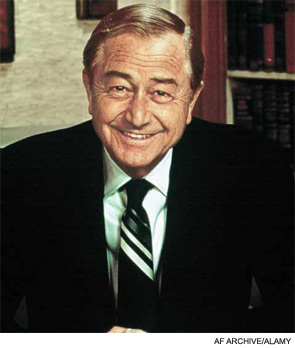
Explore This Issue
August 2011The science of medicine continues to expand rapidly, and this is obviously good for humanity. The art of medicine, on the other hand, has been largely forgotten. This skill is the basis of the time-honored physician-patient relationship and is an important aspect of good patient care. So why have so many physicians forgotten this basic skill? Why would a caring physician disregard any expertise that would benefit his patient?
In today’s atmosphere of third-party payers, physicians are buried under excessive paperwork, besieged by malpractice attorneys, and if they’re surgeons, their malpractice insurance premiums are often astronomical. Physicians find it difficult to incorporate all of their duties into an eight-hour day so they work longer hours. This makes them seem hurried and irritable. Patients pick up on this and feel the doctor is callous, uncaring, or worse, arrogant.
Because the insurance company is responsible for most, if not all, of the patient’s bill, patients only go to doctors who are covered under their plan. This makes the physicians feel their patients are disloyal. Besides that, the insurance companies insist on referring to physicians as "health care providers," thereby clumping them in with anyone who interacts with a patient. This term ignores the fact that many physicians have undergone fifteen or more years of training and would prefer to be referred to by their correct title.
The Art of Medicine
So what is the art of medicine and what does it have to do with any of this? It is a multifaceted approach to patient care that takes into consideration the patient’s emotional, as well as his physical, state of being. All good doctors recognize the role that emotions play in an individual’s illness. In addition, the patient’s interest must be placed above all others. If the doctor always does what’s best for the patient, he never has to be concerned about his ethics. Therefore, the patient’s interest must come before that of the doctor, the insurance company, the hospital, or the surgery center. This is particularly true if the surgeon owns a financial interest in the surgery center.
In general, patients want to know several things when they visit a doctor’s office, such as "What is wrong with me? What diagnostic tests will I need? When will I get the results of the tests? Will the results be explained to me? Will I need surgery? If so, how much is it going to cost? How long will I be out of work?"
Leave a Reply